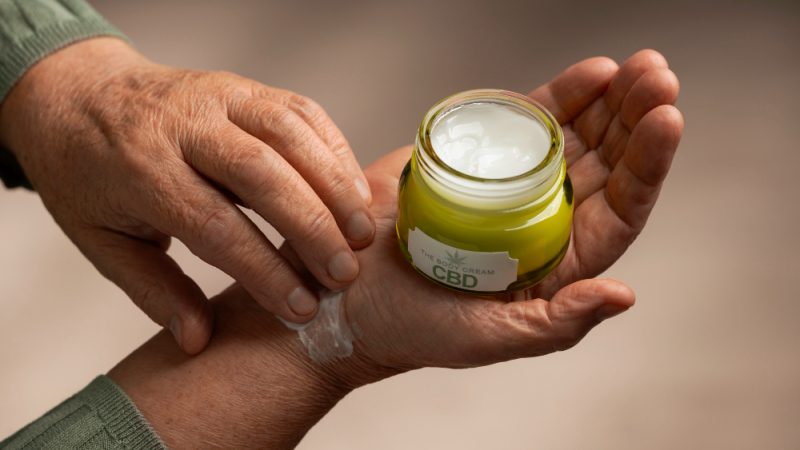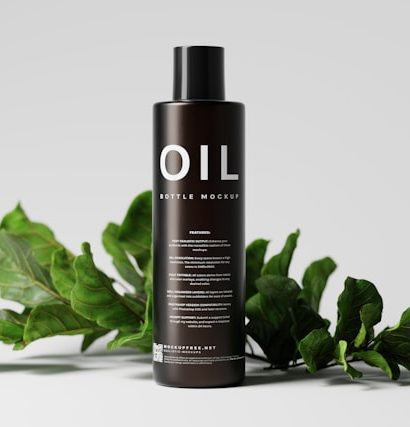Bruises are an inevitable part of life, Ointments for Bruises whether they happen due to an accident, a sport injury, or simply bumping into furniture. While bruises often heal on their own, they can be uncomfortable and unsightly. Luckily, nature has provided us with several remedies to help speed up the healing process and reduce the appearance of bruises. In this article, we’ll explore 10 natural ointments for bruises that are known to be effective in promoting healing, reducing pain, and minimizing discoloration.
1. Arnica Montana
Arnica is one of the most popular and widely used natural remedies for bruises. Known for its powerful antiinflammatory properties, arnica montana is derived from a plant native to Europe and North America. It contains compounds like helenalin, which help reduce swelling and improve circulation, aiding in faster healing.
Arnica ointments are available over the counter and can be applied directly to the bruise to reduce pain, swelling, and discoloration. You can also find it in various forms, such as creams, gels, and oils. Be sure to use it as directed and avoid applying it to broken skin.
2. Aloe Vera
Aloe vera is renowned for its skinsoothing and healing properties, making it a goto natural remedy for various skin ailments, including bruises. The gel found inside aloe vera leaves contains vitamins, minerals, and antioxidants that promote the healing of bruised skin and reduce inflammation.
Applying aloe vera directly to a bruise can help cool the skin, reduce pain, and speed up recovery. Aloe vera also helps to improve the appearance of bruises by minimizing discoloration. It’s available in pure gel form or as part of many ointments.
3. Witch Hazel
Witch hazel is a potent astringent derived from the bark and leaves of the witch hazel shrub. It has natural antiinflammatory and antiseptic properties that help reduce swelling, alleviate pain, and minimize the appearance of bruises.
Witch hazel can be used in both liquid and ointment form. When applied to a bruise, it can help increase blood flow to the affected area, speeding up the healing process. Witch hazel is especially effective in helping reduce the dark color of bruises and preventing them from becoming more prominent.
4. Vitamin K Cream
Vitamin K plays an essential role in blood clotting and tissue repair, which is why vitamin K cream can be highly effective in treating bruises. This vitamin helps to reduce the leakage of blood from damaged blood vessels and promotes faster healing.
Many topical creams and ointments contain vitamin K, which can be applied directly to the bruise. These ointments are known to help reduce the severity of bruises and improve their appearance by accelerating the healing process. Vitamin K is most effective when applied as soon as possible after the injury.
5. Coconut Oil
Coconut oil is a versatile natural remedy, known for its moisturizing and antiinflammatory properties. It contains mediumchain fatty acids like lauric acid, which have been shown to promote tissue healing and reduce inflammation.
When applied to a bruise, coconut oil can help improve circulation and alleviate pain. The natural antioxidants in coconut oil help protect the skin from further damage, and its soothing properties can help reduce swelling. It’s gentle on the skin and can be used as part of your daily skincare routine to support bruise healing.
6. Comfrey
Comfrey is an herb that has long been used in traditional medicine to promote tissue repair and reduce inflammation. Comfrey ointments are made from the leaves and roots of the comfrey plant, which contain compounds like allantoin that help accelerate healing and promote cell regeneration.
When applied to a bruise, comfrey ointment can help reduce swelling, ease pain, and promote faster recovery. It can also help improve the appearance of bruises by promoting the healing of damaged skin. However, it’s important to use comfrey in moderation and avoid applying it to open wounds or broken skin.
7. Lavender Essential Oil
Lavender is not only known for its calming aroma but also for its ability to soothe and heal the skin. Lavender essential oil has antiinflammatory, antiseptic, and analgesic properties, which make it an excellent choice for treating bruises.
Diluted lavender oil can be gently massaged onto bruises to reduce pain, swelling, and discoloration. It helps improve circulation and promotes healing, while its relaxing scent provides additional comfort during the recovery process. Always mix lavender oil with a carrier oil, such as coconut or olive oil, before applying it to the skin.
8. Turmeric Paste
Turmeric contains curcumin, a compound known for its powerful antiinflammatory and antioxidant properties. Turmeric paste is often used to reduce swelling, alleviate pain, and improve the healing process of bruises. It helps improve blood circulation and promotes tissue regeneration, making it highly effective in treating bruises.
To create a turmeric paste, mix turmeric powder with a small amount of water or coconut oil to form a thick paste. Apply it directly to the bruise, let it sit for 10–15 minutes, and then rinse it off. Turmeric can stain the skin and clothing, so be cautious when applying it.
9. Peppermint Oil
Peppermint oil has a cooling effect that helps relieve the pain associated with bruises. It contains menthol, which helps improve blood flow, reduce inflammation, and soothe sore muscles. Peppermint oil also has antimicrobial properties, which can help prevent infection in bruised areas.
Dilute peppermint oil with a carrier oil and apply it directly to the affected area. The cooling sensation can provide immediate relief, while the oil helps promote faster healing and reduces discoloration. It’s a great option for people who suffer from pain and swelling due to bruising.
10. Horsetail Extract
Horsetail extract is derived from a plant that is known for its high silica content, which helps promote collagen production and tissue repair. Horsetail is commonly used in ointments for bruises to accelerate healing and reduce swelling.
The silica in horsetail extract helps strengthen the skin and improve its elasticity, making it ideal for reducing the appearance of bruises. Applying a cream or ointment that contains horsetail extract can help reduce pain, minimize swelling, and improve skin regeneration.
Conclusion
Bruises are a natural part of life, but they don’t have to last long or cause unnecessary discomfort. With the 10 natural ointments listed above, you can speed up the healing process, reduce pain, and minimize discoloration. From the powerful antiinflammatory properties of arnica montana to the soothing benefits of lavender essential oil, these natural remedies provide a safe and effective way to care for bruised skin.
By using these ointments consistently and following proper selfcare practices, you can help your body heal faster and restore your skin to its healthy, vibrant state. Always consult with a healthcare professional if you have concerns or if your bruise doesn’t improve after a few days.
Frequently Asked Questions
1. Can natural ointments completely eliminate bruises?
Natural ointments can speed up the healing process, reduce swelling, and minimize the appearance of bruises, but they may not completely eliminate bruises immediately. Healing times vary based on the severity of the bruise and individual factors.
2. How soon should I apply ointment after getting a bruise?
It’s best to apply ointment as soon as possible after the injury occurs, but even if a bruise has already appeared, natural ointments can still be effective in speeding up the healing process.
3. Can I use essential oils directly on my skin?
No, essential oils should always be diluted with a carrier oil (like coconut or olive oil) before applying them to the skin. Direct application can cause irritation or allergic reactions.
4. Are there any side effects associated with natural ointments?
While most natural ointments are safe, some people may experience skin irritation or allergies. Always do a patch test before applying any new product, and discontinue use if irritation occurs.
5. Can I use these ointments on open wounds?
Most natural ointments are not recommended for use on open or broken skin. Always consult with a healthcare professional before using any ointment on open wounds or severe injuries.
Also read :10 Essential Manicure Set Tools Every Nail Lover Needs




